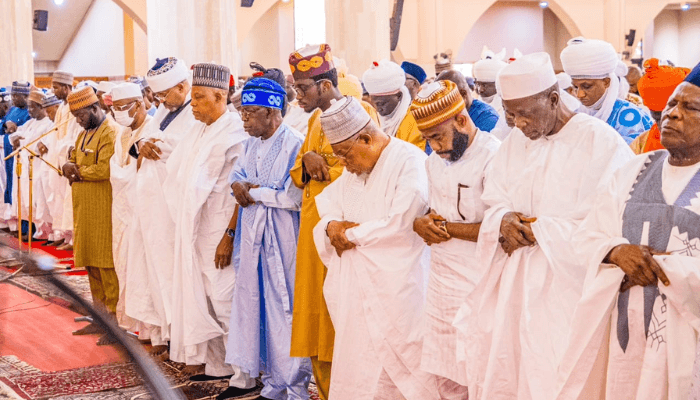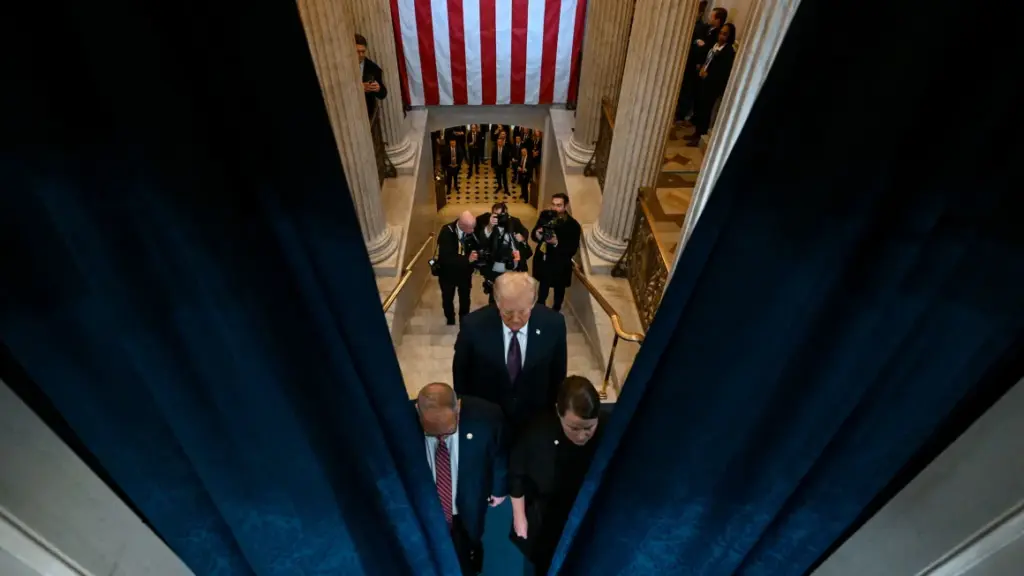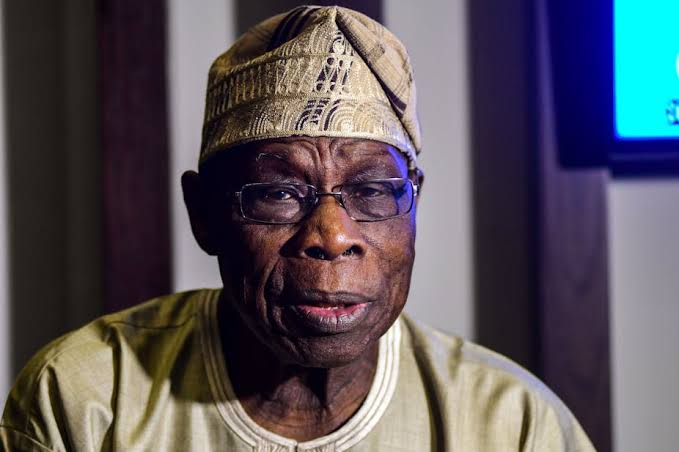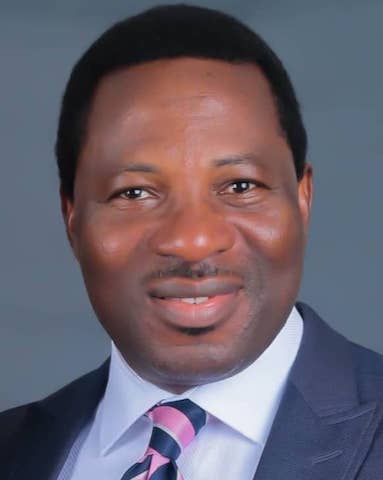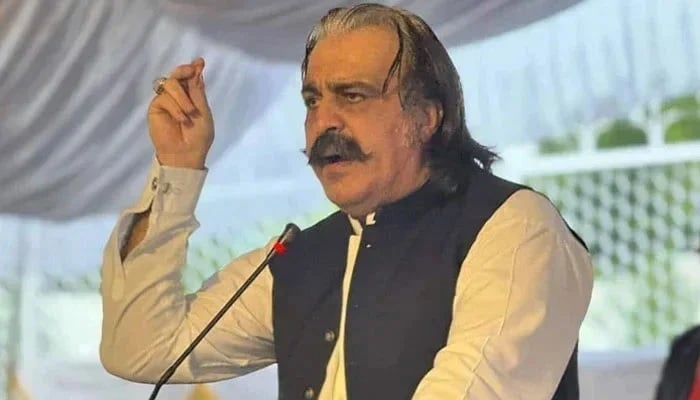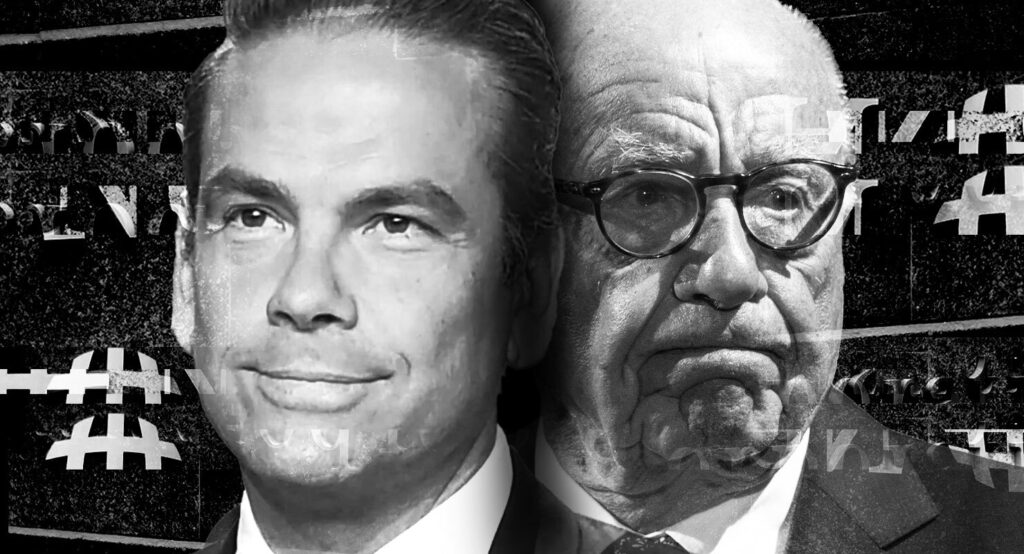Disaster, politics, patronage

Politics tamfitronics
Quite rightly, Prime Minister Andrew Holness remonstrated against the role that Jamaican parliamentarians have set themselves as glorified social welfare officers, using taxpayers’ money.
But in the next breath, blaming the exigencies of the hurricane disaster and the need for time to wean members of parliament (MPs) from the old system, Mr Holness reinforced the mechanism that has become the metaphor for the island’s politics of patronage. Parliamentarians are being allocated up to $8 million through the Constituency Development Fund (CDF) to spend on relief projects in their districts in the aftermath of Hurricane Beryl.
The prime minister did exhort MPs not to allocate the resources partisanly. And he suggested that they get receipts for all expenditures, presumably to ensure accountability.
What Mr Holness ought properly to have done, though—assuming he genuinely believes that government agencies are ill-equipped to efficiently distribute relief—is assemble a cadre of NGOs to manage the relief effort.
He should also have announced, as ought to have happened a long time ago, that from the start of the next financial year the CDF will be shut down.
Additionally, the PM should have reported on the status of the parliamentary committee that was established a year ago to refine job descriptions of MPs, after the public outcry against a 200%-plus wage hike for legislators.
It is not clear whether that committee is still deliberating, or if it has sent a report to Parliament. Should the latter be the case, it would be useful to know if the resultant job description and its associated code of conduct have been implemented.
Jamaica has an old culture of patronage in politics. People in power are expected to distribute a disproportionate amount of state benefits to their grassroots supporters and big backers.
But at the community level, the crude vulgarity of that system was refined nearly two decades ago with the establishment of the CDF. The scheme, essentially, was enlargement, and formalisation with MP involvement, of the old social and economic support programme.
Under the CDF, each of the island’s 63 MPs is annually allocated $20 million to spend on projects in their constituencies, ostensibly with oversight from an CDF Management Unit in the Office of the Prime Minister.
A handful of legislators actually hold periodic meetings with constituents to determine how the money is allocated. But generally, the decision rests solely with the MP, influenced by the requests of beneficiaries.
The CDF’s base sum per MP is often bumped up with allocations for special projects, such as at Christmastime for community spruce-up programmes, pre-hurricane preparations, or now for disaster relief.
Unsurprisingly, the CDF is one the few programmes with genuine cross-party support among Jamaican legislators. For even as MPs complain that the amount is insufficient, and of their inability to meet community needs, the fund allows them to assume the posture of patrons before community supplicants. The system of patronage contributed to growth of the island’s dysfunctional garrison communities of political exclusion, which are disproportionately burdened with poverty, crime and violence.
As part of the post-Beryl relief programme, Prime Minister Holness announced in Parliament on Tuesday that each MP will be allocated an initial $5 million to help with emergency support. They will get another $3 million, depending on needs and if all of the first tranche is spent. “While members of parliament must not be viewed as the first responders in a disaster, the reality on the ground, they are so viewed,” he said.
He added, “It is important that they are empowered to respond to the critical needs of their constituents, but not to replace the government ministries that have the line tasks to do so. The parliament must affirm this. The office of the MP is not the office of social security and welfare. They are there to assist, to identify critical emergencies.”
But even as he agreed that the job belongs to the public bureaucracy, with MPs and ministers holding it accountable, Mr Holness argued that “given the nature of our bureaucracy, as it is now, and as the public is expecting, we are in that stage that we (politicians) have to respond”.
“Eventually, and I am being very frank about it, as our country progresses, we should be retreating,” he said.
It is not clear what Mr Holness meant about the nature of Jamaica’s bureaucracy that renders it less capable than politicians to respond to disasters, or to people’s social welfare needs. Nor did he give a formula for, or a mechanism by which to measure the progress that would trigger the retreat of legislators from their role as first responders, or the direct spenders of taxpayers’ money. No timetables were disclosed.
Merely saying this system of MPs being the arbiters of community relief “is not something we should entrench” isn’t sufficient.
Indeed, it is in Mr Holness’ gift, as prime minister and leader of a political party, to do more. He can cause whatever problem he sees in the state bureaucracy to be fixed. And he can turn his party away from the politics of patronage. Big and small!
But this job is not only Mr Holness’. The opposition People’s National Party, too, should renounce the trough, clientelism and petty patronage. Hopefully, the government and the opposition will heed this call, rather than, as they usually do on this matter, circle the wagons.
—Reprinted from the ‘Jamaica Gleaner’
Discover more from Tamfis Nigeria Lmited
Subscribe to get the latest posts sent to your email.



 Hot Deals
Hot Deals Shopfinish
Shopfinish Shop
Shop Appliances
Appliances Babies & Kids
Babies & Kids Best Selling
Best Selling Books
Books Consumer Electronics
Consumer Electronics Furniture
Furniture Home & Kitchen
Home & Kitchen Jewelry
Jewelry Luxury & Beauty
Luxury & Beauty Shoes
Shoes Training & Certifications
Training & Certifications Wears & Clothings
Wears & Clothings





